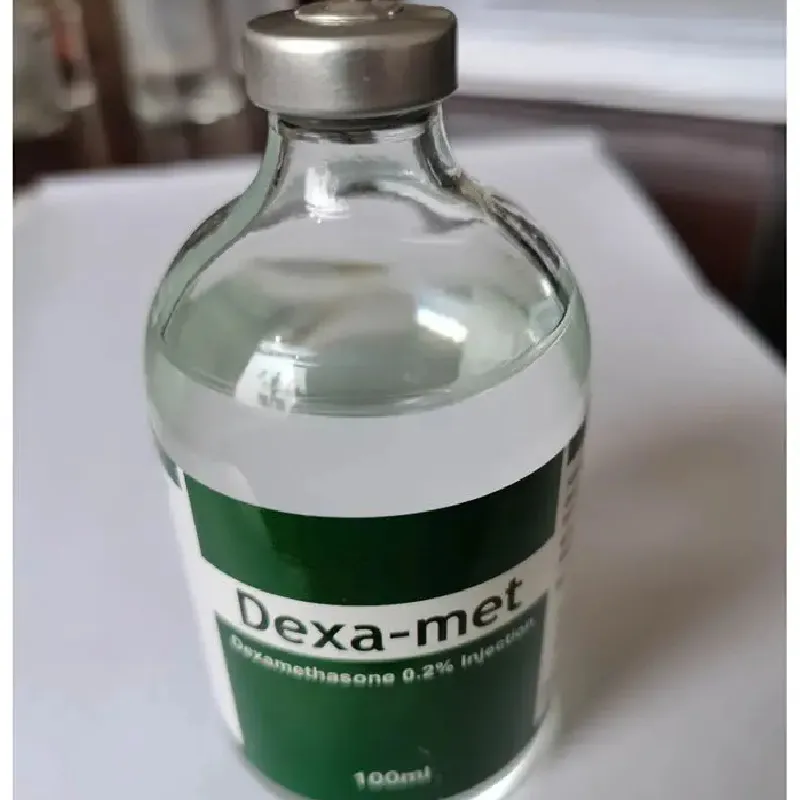- Afrikaans
- Albanian
- Amharic
- Arabic
- Armenian
- Azerbaijani
- Basque
- Belarusian
- Bengali
- Bosnian
- Bulgarian
- Catalan
- Cebuano
- Corsican
- Croatian
- Czech
- Danish
- Dutch
- English
- Esperanto
- Estonian
- Finnish
- French
- Frisian
- Galician
- Georgian
- German
- Greek
- Gujarati
- Haitian Creole
- hausa
- hawaiian
- Hebrew
- Hindi
- Miao
- Hungarian
- Icelandic
- igbo
- Indonesian
- irish
- Italian
- Japanese
- Javanese
- Kannada
- kazakh
- Khmer
- Rwandese
- Korean
- Kurdish
- Kyrgyz
- Lao
- Latin
- Latvian
- Lithuanian
- Luxembourgish
- Macedonian
- Malgashi
- Malay
- Malayalam
- Maltese
- Maori
- Marathi
- Mongolian
- Myanmar
- Nepali
- Norwegian
- Norwegian
- Occitan
- Pashto
- Persian
- Polish
- Portuguese
- Punjabi
- Romanian
- Russian
- Samoan
- Scottish Gaelic
- Serbian
- Sesotho
- Shona
- Sindhi
- Sinhala
- Slovak
- Slovenian
- Somali
- Spanish
- Sundanese
- Swahili
- Swedish
- Tagalog
- Tajik
- Tamil
- Tatar
- Telugu
- Thai
- Turkish
- Turkmen
- Ukrainian
- Urdu
- Uighur
- Uzbek
- Vietnamese
- Welsh
- Bantu
- Yiddish
- Yoruba
- Zulu
8 月 . 29, 2024 22:36 Back to list
Ivermectin Veterinary Injection - Safe and Effective Parasite Control
Ivermectin Veterinary Injection A Comprehensive Overview
Ivermectin is an antiparasitic agent that has gained significant prominence in veterinary medicine due to its effectiveness against a wide variety of internal and external parasites. Initially developed for human use, it has found its niche in the veterinary sector, particularly in treating livestock and companion animals. The veterinary formulation typically comes in the form of an injection, making it easier for veterinarians to administer to animals, especially those that may be resistant to oral medications.
Mechanism of Action
Ivermectin works by interfering with the nervous system of parasites, leading to paralysis and subsequently death. It selectively binds to glutamate-gated chloride channels, which are crucial for the neural function of many parasites, including nematodes and arthropods. The selective action of ivermectin means it is less harmful to the host animal, making it a preferred choice in veterinary practices.
Common Uses
Ivermectin veterinary injection is commonly used in a variety of animals, including cattle, horses, and dogs. It is effective against several types of parasites, including
1. Nematodes These are roundworms that can cause significant health issues in livestock and pets. 2. Arthropods Ivermectin is particularly effective against external parasites like fleas, ticks, and mites, which can lead to discomfort and disease in animals. 3. Strongyloides and Lungworms These are particular types of internal parasites that can affect the respiratory and gastrointestinal systems of animals.
ivermectin veterinary injection

Due to its broad-spectrum efficacy, veterinarians often recommend ivermectin as a part of regular parasite control programs, particularly in agriculture where livestock are raised
.Dosage and Administration
The dosage of ivermectin veterinary injection varies depending on the species of the animal and the type of parasite being treated. It is important for veterinary professionals to follow the guidelines provided by the manufacturer and consider the animal’s weight, age, and health condition. Generally, the injection is administered subcutaneously or intramuscularly, allowing for quick absorption and action within the body.
Safety and Precautions
While ivermectin is generally safe for most animals, there are some precautions that need to be taken into account. For example, it should not be used in certain dog breeds, such as Collies, due to a genetic mutation that affects drug metabolism. Pregnant and nursing animals also require careful consideration before treatment. Side effects are rare but can include lethargy, vomiting, or diarrhea, particularly if an animal is heavily infested with parasites and experiences a rapid die-off.
Conclusion
Ivermectin veterinary injection stands as a cornerstone in managing parasitic infections in animals. Its wide-ranging applications and relatively low risk of side effects make it a valuable tool in veterinary medicine. However, responsible use is crucial; veterinarians must assess each animal on a case-by-case basis to ensure safe and effective treatment. Advances in veterinary pharmacology continue to explore the potential and versatility of ivermectin, promising even more effective solutions in veterinary parasitic control in the future.
-
The Power of Radix Isatidis Extract for Your Health and Wellness
NewsOct.29,2024
-
Neomycin Sulfate Soluble Powder: A Versatile Solution for Pet Health
NewsOct.29,2024
-
Lincomycin Hydrochloride Soluble Powder – The Essential Solution
NewsOct.29,2024
-
Garamycin Gentamicin Sulfate for Effective Infection Control
NewsOct.29,2024
-
Doxycycline Hyclate Soluble Powder: Your Antibiotic Needs
NewsOct.29,2024
-
Tilmicosin Premix: The Ultimate Solution for Poultry Health
NewsOct.29,2024













